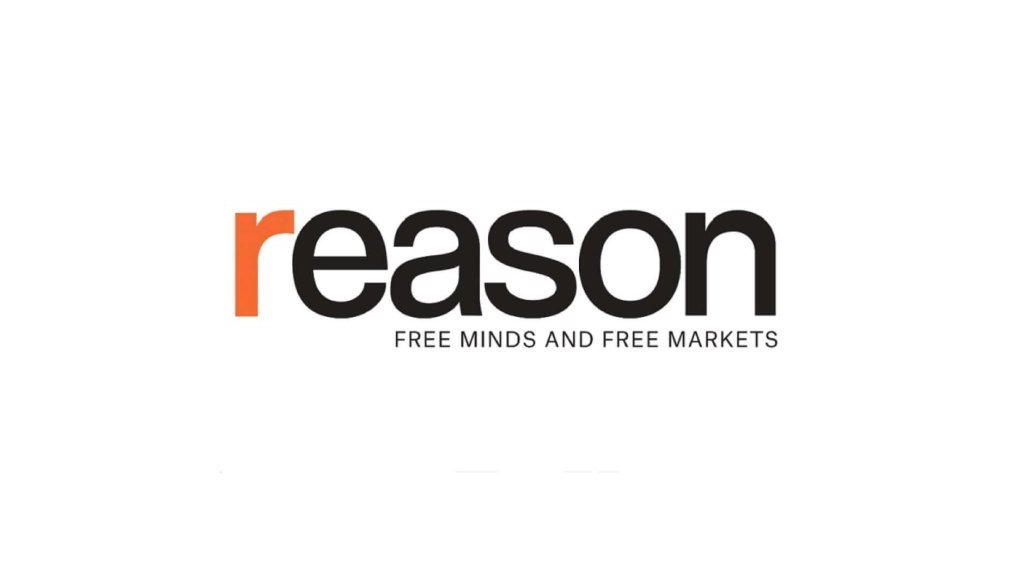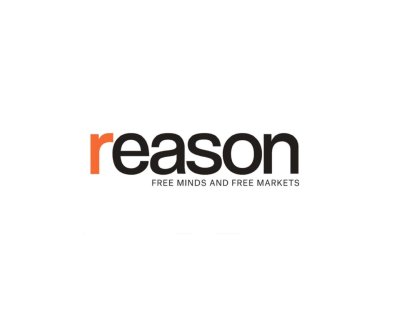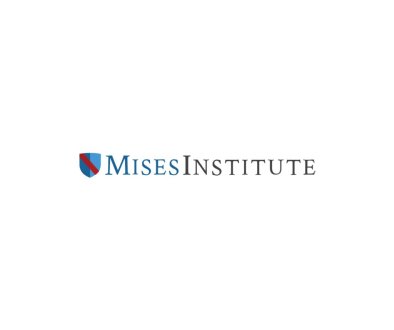Supreme Court Refuses to Hear “Passive” Park Public Use Property Rights Case
Today, the Supreme Court refused to review the case of Brinkmann v. Town of Southold, which raised an unusual and extremely difficult issue about the meaning of “public use” in the Takings Clause of the Fifth Amendment. Three justices (Thomas, Gorsuch, and Kavanaugh) wanted to take the case, but four votes are necessary to grant a petition for writ of certiorari. I summarized the key issue in the case in a previous post about it (in part by quoting takings litigator Robert Thomas):
The Takings Clause of the Fifth Amendment says the government may only “take” private property for a “public use.” In cases like Berman v. Parker and Kelo v. City of New London, the Supreme Court has ruled (wrongly, in my view) that almost any potential benefit to the public qualifies as a “public use.” Thus, in Kelo the Court upheld the condemnation of homes for purposes of promoting privately owned “economic development…”
But the Kelo majority also indicated that a taking can still be invalidated if the government tries to “take property under the mere pretext of a public purpose, when its actual purpose was to bestow a private benefit….”
How do courts determine whether a taking is pretextual? Since Kelo, lower-court decisions on that issue have been all over the map. In Chapter 7 of my book The Grasping Hand: Kelo v. City of New London and the Limits of Eminent Domain, I identified at least five different approaches to this issue adopted by state and lower federal courts since Kelo….
Most pretextual takings cases deal with situations where the government condemns property for transfer to a private party. But in Brinkmann v. Town of Southold, the US Court of Appeals for the Second Circuit addressed a case where a condemnation for transfer to public ownership might still be pretextual, because the official rationale was a pretty obvious smokescreen for a different motive….
[what follows is excerpted from Robert Thomas’s summary of the case and lower court rulings:]
The Brinkmanns wanted to build a big box hardware store on a 1.7 acre vacant parcel. The usual objections from area residents and the Town itself appeared… Even a failed attempt by the Town to buy the property itself before the Brinkmanns closed their purchase.
When all those didn’t succeed in stopping the development, the Town began proceedings to forcibly acquire the land by eminent domain. What for, you ask? A public park. More precisely, a “passive use park.” What’s that, you ask? It isn’t what you might think make a typical public park. Things like public facilities, art installations, walking trails, recreational and entertainment spots…. No, this was to have none of those things, it was to be “a park with no significant facilities or improvements,” also known as a big open, empty field….
Next step was a federal court section 1983 action by the Brinkmanns, “alleging a pretextual taking in violation of the Takings Clause of the Fifth Amendment….” The Town may have claimed that the taking was for a “classic” public us
Article from Latest

The Reason Magazine website is a go-to destination for libertarians seeking cogent analysis, investigative reporting, and thought-provoking commentary. Championing the principles of individual freedom, limited government, and free markets, the site offers a diverse range of articles, videos, and podcasts that challenge conventional wisdom and advocate for libertarian solutions. Whether you’re interested in politics, culture, or technology, Reason provides a unique lens that prioritizes liberty and rational discourse. It’s an essential resource for those who value critical thinking and nuanced debate in the pursuit of a freer society.




